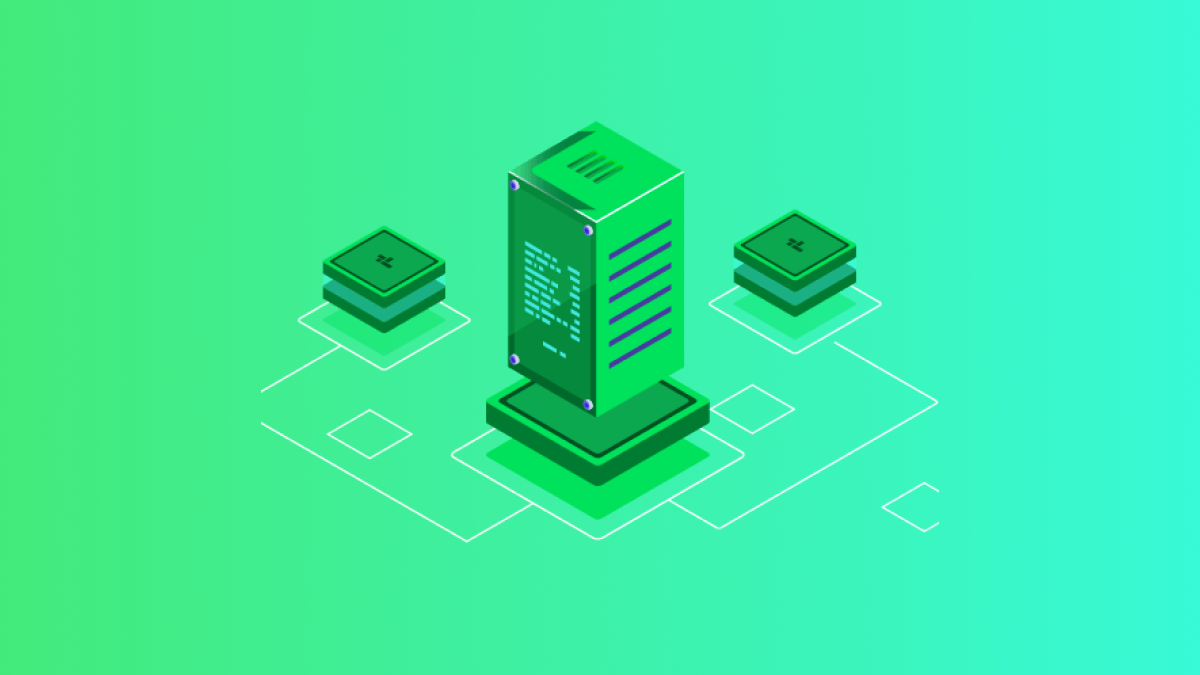As businesses continue to embrace the digital transformation wave, leveraging advanced technologies has become a crucial determinant of their success. Among the tools playing a pivotal role are dedicated servers – robust and isolated platforms used by organizations to host their applications, databases, and websites with unmatched performance and security. But as with any important business decision, selecting the right dedicated server provider can be a make-or-break move.
The server provider you choose impacts not only your digital infrastructure’s efficiency but also your overall business operations. Given the stakes, finding the best dedicated server provider is a task that requires considerable thought, careful evaluation, and understanding of your unique needs.
Differentiating between server providers often comes down to key elements such as performance, reliability, customer service, scalability, and pricing. Each of these factors carries weight and must be considered when identifying the provider that best aligns with your business’s demands and expectations.
In this article, we will delve deeper into the critical factors to consider when seeking the best dedicated server provider, ensuring your business can navigate the digital space confidently and competently. With the correct information and insights, you can make an informed decision that will positively impact your business in the long run.
Type of Dedicated Server Hardware
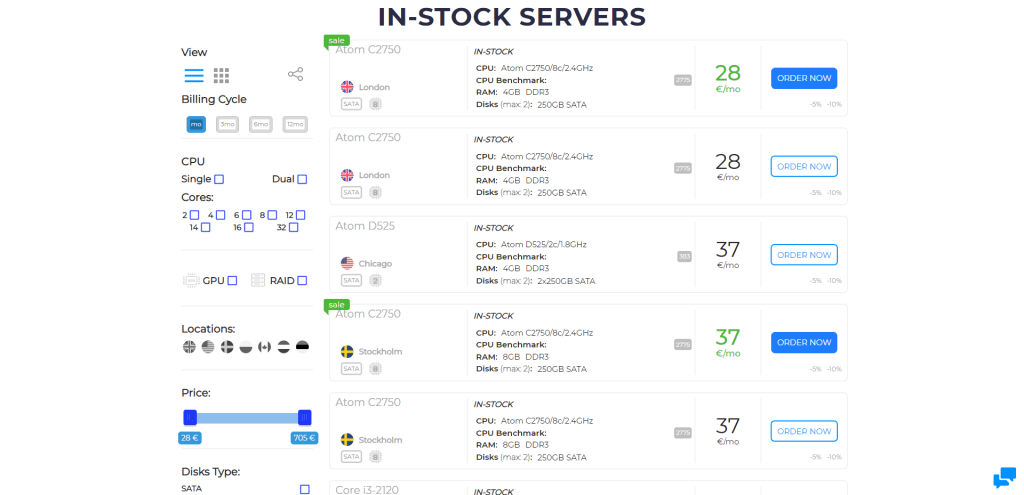
The hardware plays a critical role in determining your website or application’s performance, reliability, and overall success. Let’s dive into some key aspects you should look out for when evaluating dedicated server hardware.
Processor (CPU)
The processor, or CPU, is essentially the brain of your server. It handles all the computations and instructions required to run your applications. When choosing a provider, consider their range of CPU options – from entry-level to high-performance processors. Look for providers that offer powerful and efficient CPUs from reputable manufacturers like Intel or AMD.
Memory (RAM)
RAM is another crucial component that affects your server’s performance. It temporarily stores data for quick access by the processor, so having enough RAM is essential for smooth operation. When evaluating dedicated server providers, check if they offer different RAM options to suit your needs; whether it’s a few gigabytes for a simple website or hundreds of gigabytes for resource-intensive applications.
Storage
Storage can be either hard disk drives (HDDs) or solid-state drives (SSDs). HDDs are more affordable but slower compared to SSDs, which are faster and more reliable but come at a higher cost. Depending on your requirements and budget, choose a provider that offers both types of storage options so you can find the perfect balance between cost and performance.
RAID Configuration
RAID (Redundant Array of Independent Disks) configuration is an essential feature that improves data protection and performance by distributing data across multiple drives. When selecting a dedicated server provider, make sure they support various RAID configurations like RAID 0, RAID 1, RAID 5, or RAID 10.
Network Interface Cards (NICs)
The network interface card determines how fast your server can communicate with other devices on the network. Look for providers that offer high-speed NICs, preferably with multiple ports and support for 1 Gbps or 10 Gbps connections.
Hardware Upgrades and Maintenance
As your business grows, you might need to upgrade your server hardware to handle increased workloads. Choose a dedicated server provider that offers easy and cost-effective hardware upgrades. Additionally, ensure they have a robust maintenance plan in place to keep your server running smoothly and minimize downtime.
In conclusion, the type of dedicated server hardware is a vital factor in finding the best provider. By considering aspects like processor, memory, storage, RAID configuration, network interface cards, and hardware upgrades/maintenance, you can make an informed decision that ensures optimal performance and reliability for your website or application.
Data Center Infrastructure and Location
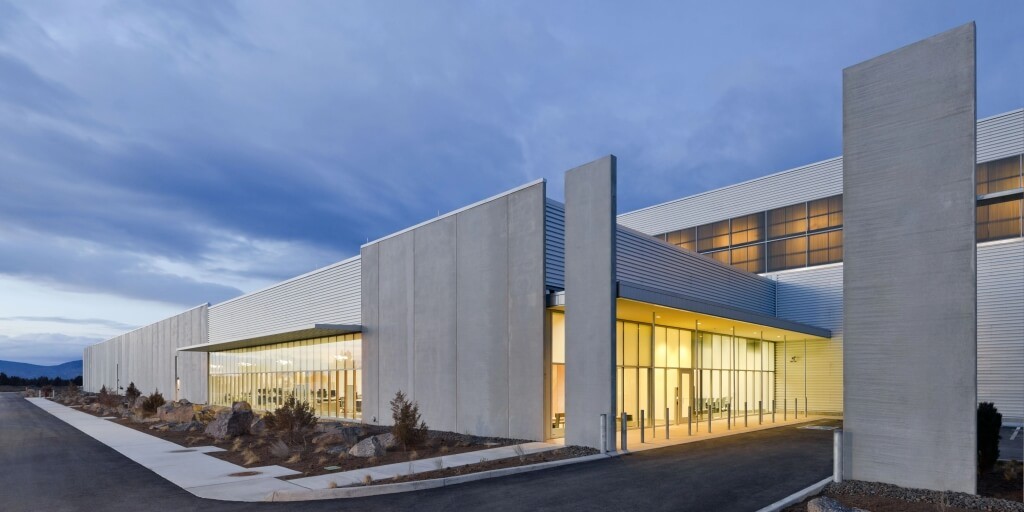
When searching for a reliable dedicated server provider, it’s essential to consider the data center infrastructure and location. This factor plays a critical role in ensuring optimal performance, reliability, and security for your server. Let’s dive into the key aspects you should keep in mind when evaluating data center infrastructure and location.
Infrastructure Quality
A top-notch data center should be built with high-quality equipment and adhere to industry standards. Look for providers that utilize enterprise-grade hardware, such as servers, storage systems, and network devices from reputable brands. This ensures that your dedicated server will be running on reliable hardware with minimal risk of failure.
Redundancy and Resiliency
In addition to quality hardware, a robust data center should have redundancy measures in place to prevent downtime or data loss due to power outages or equipment failures. These measures may include:
- Backup power supplies (UPS)
- Redundant cooling systems
- Multiple network connections
- Disaster recovery plans
Make sure your chosen provider has these redundancies in place to ensure maximum uptime for your server.
Physical Security
Data centers are prime targets for cybercriminals and other malicious actors. Therefore, it’s crucial that your chosen provider has implemented strict physical security measures at their facilities. Look for features such as:
- 24/7 on-site security personnel
- Video surveillance
- Access control systems (e.g., biometric scanners or key cards)
- Fire suppression systems
These security measures help protect your server from unauthorized access, theft, or damage.
Location
The geographical location of a data center can significantly impact latency – the time it takes for data to travel between the server and users. To minimize latency and ensure optimal performance for users accessing your website or application, choose a provider with a data center located close to your target audience.
Additionally, consider factors such as local regulations regarding data privacy and protection (e.g., GDPR in Europe) and the risk of natural disasters in the area. Choosing a data center in a stable, low-risk region can help safeguard your server against unforeseen events.
In summary, evaluating a dedicated server provider’s data center infrastructure and location is crucial to ensuring your server’s optimal performance, reliability, and security. Consider these factors when comparing providers to find the best fit for your needs.
Network Connectivity and Redundancy
When searching for the best dedicated server provider, you’ll want to pay close attention to network connectivity and redundancy. These two factors play a crucial role in ensuring that your server remains accessible and performs optimally at all times.
Network Connectivity
A dedicated server provider should offer robust network connectivity to ensure fast and reliable access to your server. Here are some key aspects to consider:
- Bandwidth: Look for a provider that offers sufficient bandwidth to handle your website’s traffic, data transfer, and any potential spikes in usage. High bandwidth ensures faster loading times and better user experience.
- Uptime: A high uptime guarantee is essential for maintaining your website’s availability. A provider with a 99.9% or better uptime guarantee will minimize the risk of downtime, which can negatively impact your business.
- Latency: Low latency is vital for optimal performance, especially if you’re running applications that require real-time data processing or streaming services. Choose a provider with a low-latency network for the best results.
Redundancy
Redundancy refers to the measures put in place to ensure continuous operation even in the event of hardware failures or other issues. Here’s what you should look for in terms of redundancy:
- Multiple Internet Connections: A good dedicated server provider will have multiple connections from different Internet Service Providers (ISPs). This ensures that if one connection fails, there will be others available to keep your server online.
- Backup Power Supplies: Data centers should have backup power supplies, such as uninterruptible power supply (UPS) systems and generators, to maintain operations during power outages.
- Hardware Redundancy: Look for providers that employ redundant hardware components like RAID configurations or dual power supplies on their servers. This helps prevent downtime due to hardware failures.
In conclusion, evaluating network connectivity and redundancy is essential when selecting the best dedicated server provider. Ensuring that your provider offers high bandwidth, low latency, and multiple redundancy measures will help guarantee your server’s best performance and reliability.
Scalability and Customization Options
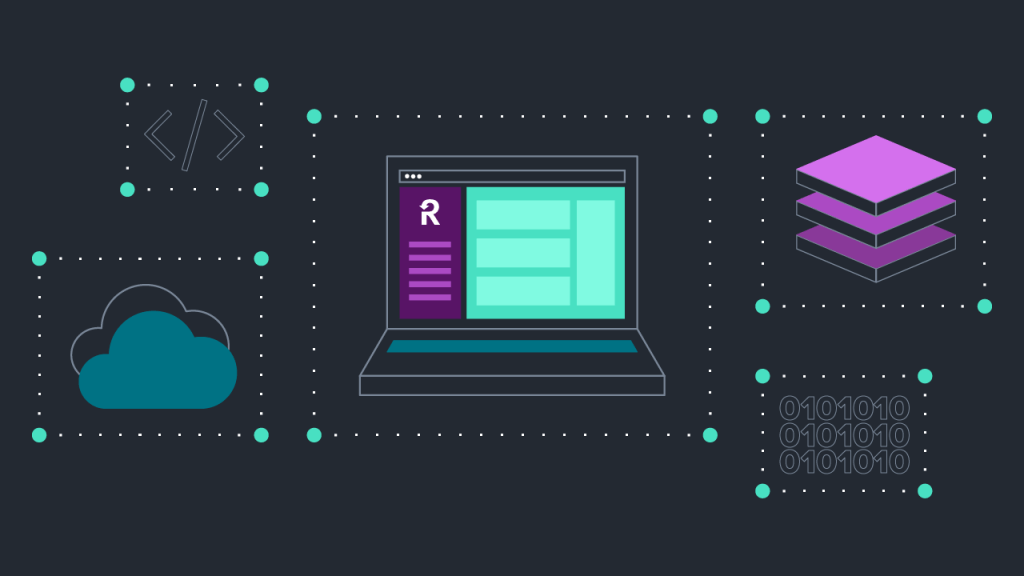
Scalability refers to the ability of your server to handle increased workloads or traffic without compromising performance. As your business grows, you might need more resources, such as additional storage, RAM, or CPU power. A reliable dedicated server provider should offer seamless upgrades and flexible plans that allow you to scale up (or down) as needed.
Here are some key points to consider when evaluating scalability:
- Upgrade options: Look for providers that offer easy-to-implement upgrade options for RAM, storage, and processing power.
- Resource allocation: Check if the provider allows you to allocate resources dynamically according to your needs.
- Load balancing: Ensure that the provider offers load balancing solutions that can help distribute traffic evenly across multiple servers.
On the other hand, customization options refer to the ability to tailor your server configuration according to your specific needs. This includes choosing the operating system (OS), control panel, software applications, and hardware components.
Some factors to keep in mind when assessing customization options include:
- Operating systems: Verify if the provider supports various OS choices like Windows Server, Linux distributions (e.g., CentOS, Ubuntu), or custom OS installations.
- Control panels: Check if popular control panels like cPanel/WHM or Plesk are available with the hosting plans.
- Software compatibility: Make sure that the provider supports a wide range of applications and software platforms required by your business.
- Hardware customization: Look for providers that allow you to select from a range of hardware components such as SSDs, RAID configurations, or GPU-based servers.
In conclusion, finding a dedicated server provider with robust scalability and customization options ensures that your server can grow and adapt alongside your business. This flexibility can save you time, money, and frustration in the long run, making it a critical factor to consider in your search for the best dedicated server provider.
Security Measures and DDoS Protection
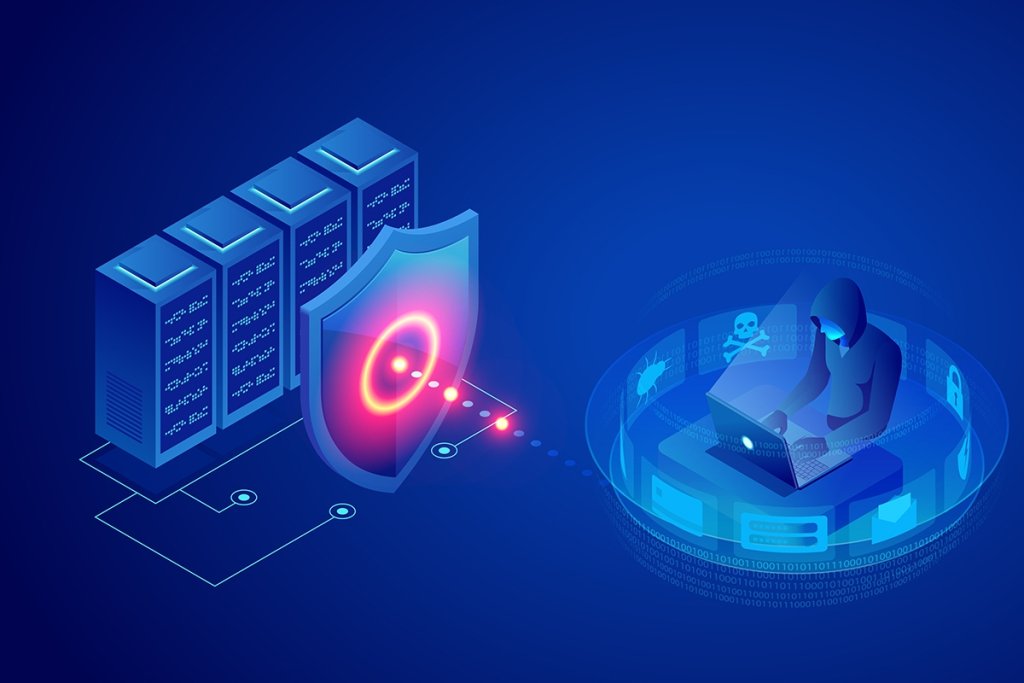
In today’s digital landscape, cyber threats are constantly evolving, making it crucial for your provider to prioritize security to keep your data safe. Here are some key aspects to look for in a provider’s security measures and DDoS protection:
- Physical Security: The data center where your dedicated server is housed should have robust physical security measures in place. This includes access controls like biometric scanners, security cameras, and 24/7 on-site personnel to prevent unauthorized access.
- Firewalls and Intrusion Detection Systems (IDS): A reliable dedicated server provider should deploy advanced firewalls and IDS to monitor network traffic for any suspicious activity. These tools help identify potential threats before they can cause any harm.
- DDoS Protection: Distributed Denial of Service (DDoS) attacks are a common cyber threat that can bring down your website or online services by overwhelming them with traffic from multiple sources. Your provider should offer strong DDoS protection mechanisms like traffic filtering and scrubbing centers to mitigate such attacks effectively.
- Encryption: Data encryption is another vital aspect of securing your dedicated server environment. Ensure that the provider supports industry-standard encryption protocols like Secure Socket Layer (SSL) or Transport Layer Security (TLS) for secure data transmission between your server and users.
- Regular Updates and Patching: Cybersecurity is an ongoing process requiring regular updates and patch software vulnerabilities. The dedicated server provider should have a proactive approach towards maintaining the latest security patches and updates for all software components.
- Compliance Certifications: If your business deals with sensitive information or needs to comply with specific industry regulations, it’s essential to choose a dedicated server provider with relevant compliance certifications like ISO 27001, PCI-DSS, or HIPAA.
In conclusion, prioritizing security measures and DDoS protection when selecting a dedicated server provider is crucial for safeguarding your data and ensuring the smooth operation of your online services. Make sure to evaluate the aforementioned factors to find a provider that meets your security needs.
Server Management and Support Services
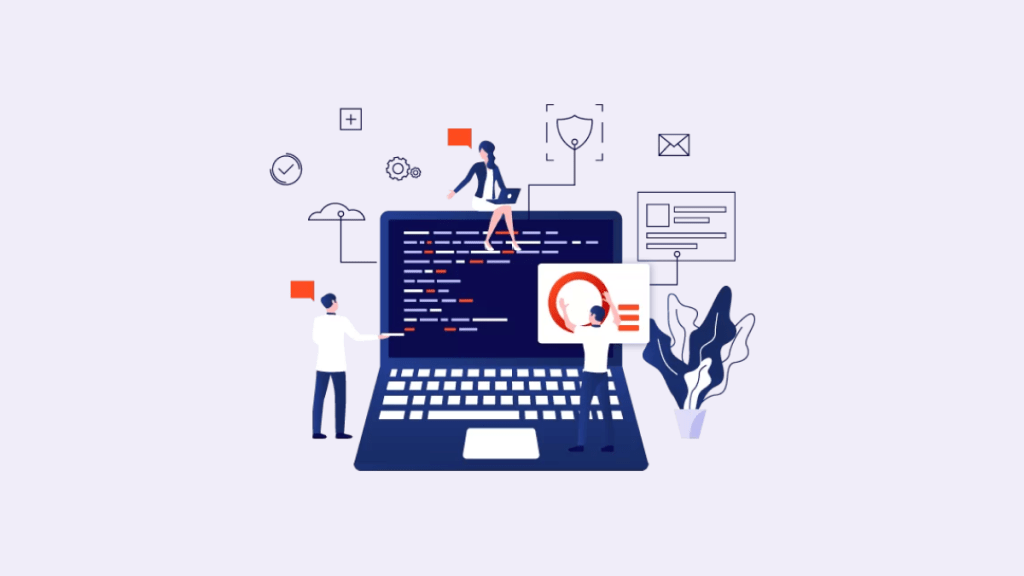
One of the essential factors to consider is server management and support services. This factor plays a crucial role in ensuring your server runs smoothly and efficiently.
Server Management: Why It Matters
Server management involves monitoring, maintaining, and optimizing your dedicated server’s performance. It includes tasks like updating software, managing security patches, and troubleshooting issues that may arise. A well-managed server ensures maximum uptime, improved security, and better overall performance.
Types of Support Services
There are two primary types of support services you’ll encounter when looking for a dedicated server provider:
- Managed Services: With managed services, the provider takes care of your server management tasks. This option is ideal if you don’t have the time or expertise to handle these tasks yourself.
- Self-Managed Services: If you prefer to manage your server independently or have an in-house team capable of handling these tasks, self-managed services may be more suitable for you. In this case, the provider will offer limited support based on your needs.
Key Features to Look For
To identify a top-quality dedicated server provider with excellent management and support services, keep an eye out for these features:
- 24/7 Support: Choose a provider that offers round-the-clock customer support through multiple channels like phone, email, or live chat. This ensures that any issues are addressed promptly.
- Technical Expertise: A reliable provider should have a team of experts capable of handling various technical issues related to your dedicated server.
- Proactive Monitoring: Opt for a provider that proactively monitors your server’s performance and security to prevent potential problems before they escalate.
- Backup & Recovery Solutions: A good provider will offer backup solutions to protect your data and ensure quick recovery in case of any disasters or data loss.
- Regular Updates & Maintenance: Ensure that the provider stays up-to-date with the latest software updates and security patches to maintain optimal server performance.
In conclusion, server management and support services are crucial factors to consider when selecting a dedicated server provider. By ensuring that your chosen provider offers reliable, comprehensive support, you can enjoy peace of mind knowing that your server is well-maintained and secure.
Pricing Structure and Contract Terms
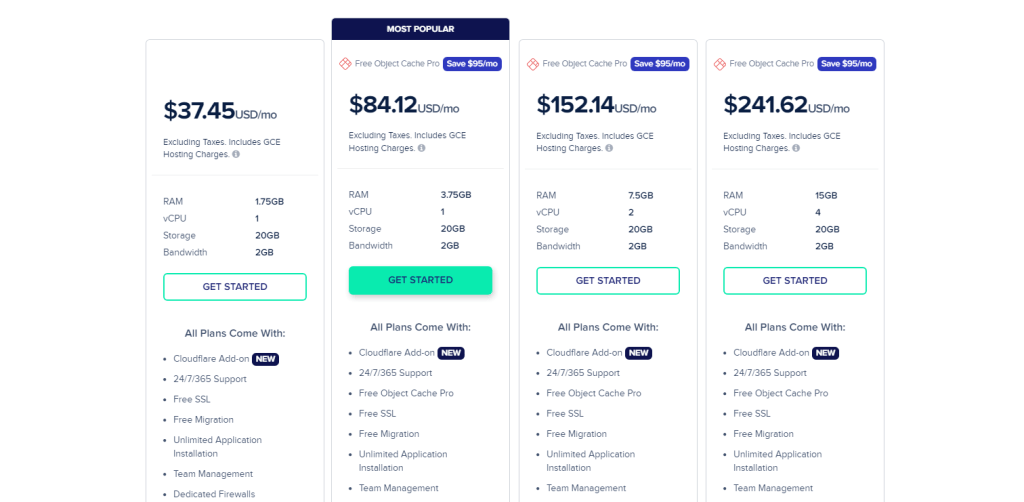
Different providers may have different pricing models, so it’s crucial to understand how they charge for their services. Some common models include:
- Monthly fees: A fixed fee paid every month for a specific server configuration.
- Pay-as-you-go: You only pay for the resources you use, usually billed hourly or daily.
- Tiered pricing: Different price levels based on resource usage or server configurations.
Make sure to compare these models and choose one that fits your budget and usage patterns.
Look for Hidden Costs
Some providers may have hidden costs in their pricing structure that can significantly impact your total expenses. Watch out for:
- Setup fees
- Bandwidth overage charges
- Software licensing fees
- Additional support costs
Always read the fine print and ask questions about any potential hidden costs before committing to a provider.
Evaluate Contract Lengths
Providers may offer different contract lengths, ranging from month-to-month agreements to long-term commitments lasting several years. While longer contracts might come with lower monthly fees, they also limit your flexibility if you need to change providers or upgrade your server.
Consider your future needs and weigh the benefits of short-term flexibility against potential long-term savings when deciding on a contract length.
Review Service Level Agreements (SLAs)
An important aspect of any dedicated server contract is the Service Level Agreement (SLA). This document outlines the provider’s commitment to delivering specific levels of performance, uptime, and support response times.
Carefully review the SLA to ensure it meets your expectations and requirements in areas such as:
- Uptime guarantees
- Network latency
- Hardware replacement timeframes
- Support response times
Remember, a strong SLA can offer peace of mind and protection against potential service disruptions.
By paying close attention to the pricing structure and contract terms offered by dedicated server providers, you’ll be better equipped to find the best fit for your needs and budget. Consider these factors as you evaluate your options and make an informed decision for your business.
Provider Reputation and Customer Reviews
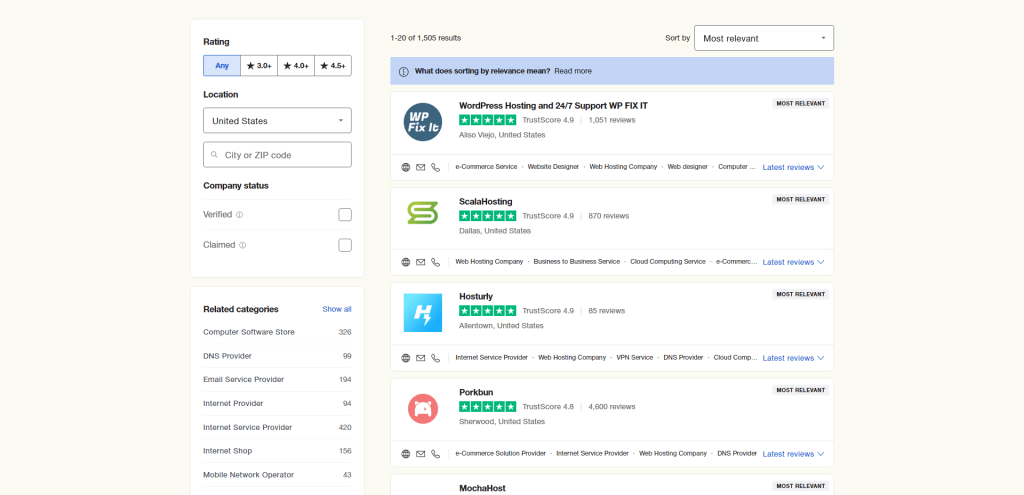
A good reputation indicates that a dedicated server provider has consistently met or exceeded customer expectations. A company with a solid track record will likely offer reliable services, responsive support, and high-quality hardware. In contrast, providers with poor reputations may have frequent downtime or unresponsive support teams.
Evaluating Customer Reviews
Customer reviews can provide valuable insights into various aspects of a dedicated server provider’s services. Look for reviews that discuss:
- Reliability: Are servers consistently up and running? Do they experience frequent downtime or technical issues?
- Support: Is the support team responsive, knowledgeable, and helpful? Are they available 24/7 to address any issues?
- Performance: Do customers report fast server speeds and low latency? Are there any concerns about slow loading times or network congestion?
- Ease of use: Is the control panel user-friendly? Can users easily manage their servers without requiring extensive technical knowledge?
Finding Trustworthy Review Sources
To ensure you’re getting accurate information from real customers, look for reviews on reputable websites such as:
- Industry-specific forums
- Tech blogs or review sites
- Social media platforms (e.g., Twitter, Reddit)
- Google Reviews
Keep in mind that no company is perfect; even the best providers may have some negative feedback. The key is to look for patterns in customer experiences to determine if there are consistent issues with a particular provider.
FAQ
How important is the location of the server provider’s data center?
It is quite important, as closer proximity to your target audience results in better latency and website performance. So, choose a provider with a data center near your primary user base.
Should I choose a managed or unmanaged dedicated server?
It depends on your business needs and technical expertise. If you have an experienced system administrator or IT team, unmanaged servers may be suitable. However, managed servers are ideal if you need professional assistance in managing and maintaining server resources.
How often should I expect server maintenance or upgrades from a dedicated server provider?
Regular server maintenance and upgrades can vary from provider to provider, but generally, they should occur at least a few times per year to ensure server stability and security.
Can I install custom software or applications on a dedicated server?
Yes, most dedicated server providers offer full control and root access, allowing you to install custom applications and modify server settings as needed.
